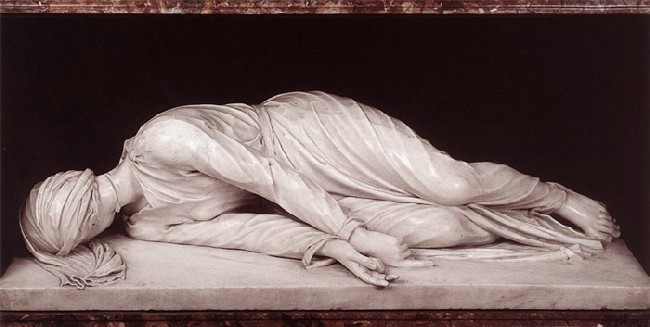I recently had one of those moments when what I “knew” about monasticism was changed into what I “understood” about monasticism.
I have always known that secluded monks pray often throughout the day. But after reading "Saint John Cassian on Prayer" and "The Benedictines," by Dom David Knowles, it became clearer to me, a flash of understanding — monks do not go into the desert primarily so they can be alone, they go to be alone so they can “pray without ceasing.”
Praying without ceasing is the charge by Paul in I Thessalonians 5:17. The heart of monasticism is living to fulfill that command.
Saint John Cassian wrote, “The whole purpose of the monk and perfection of his heart tends toward continual and uninterrupted perseverance in prayer.” 1
Origen wrote, “He prayers ‘without ceasing’ who unites prayer to the necessary deeds and fitting actions to prayer, since virtuous deeds or fulfilling the commandments are included as a part of prayer; for we can only accept the command to ‘pray without ceasing’ as meaning something possible if we mean that the saint’s whole life taken together is one great prayer.” 2
Dom David Knowles wrote about the monk, “He must realize that as a monk he owes this praise to God as his day's piece-work, and that apart from exceptional circumstances it is not a question whether missionary or teacher or student serves God better than he does. This prayer, liturgical and contemplative, is what God wants of him as a Benedictine monk, the peculiar talent that is his, the special jewel which Benedictines pay into the treasury of the Church.”3
This truth about monasticism — a life of prayer — rather than a life as a hermit — helps explain why oblates have always been a part of the larger monastic community and why in the 21st century the number of Benedictine oblates is increasing rapidly.
Many people are seeking a life of deeper spirituality and they are finding it in an expanded and structured life of praying the Psalms as part of the daily Divine Office.
******
FOOTNOTES
1. Page 11, "Saint John Cassian on Prayer," translated by A.M. Casiday
2."Saint John Cassian on Prayer," footnote 25
3. Page 46, "The Benedictines," A Digest for Moderns
By Dom David Knowles
Monk of Downside Abbey
Introduction by Marion R. Bowman, O.S.B.
Abbot of Saint Leo Abbey
The Abbey Press, Saint Leo, Florida 1962
Here is an incomplete, online version of this classic work.
.
Sunday, August 17, 2008
A Jewel Paid Into the Church Treasury. A Benedictine oblate blog.
Subscribe to:
Post Comments (Atom)







Interesting post. I have a difficult time with formal prayer in general, let alone prayer without ceasing! It's a discipline I have to work on.
ReplyDelete